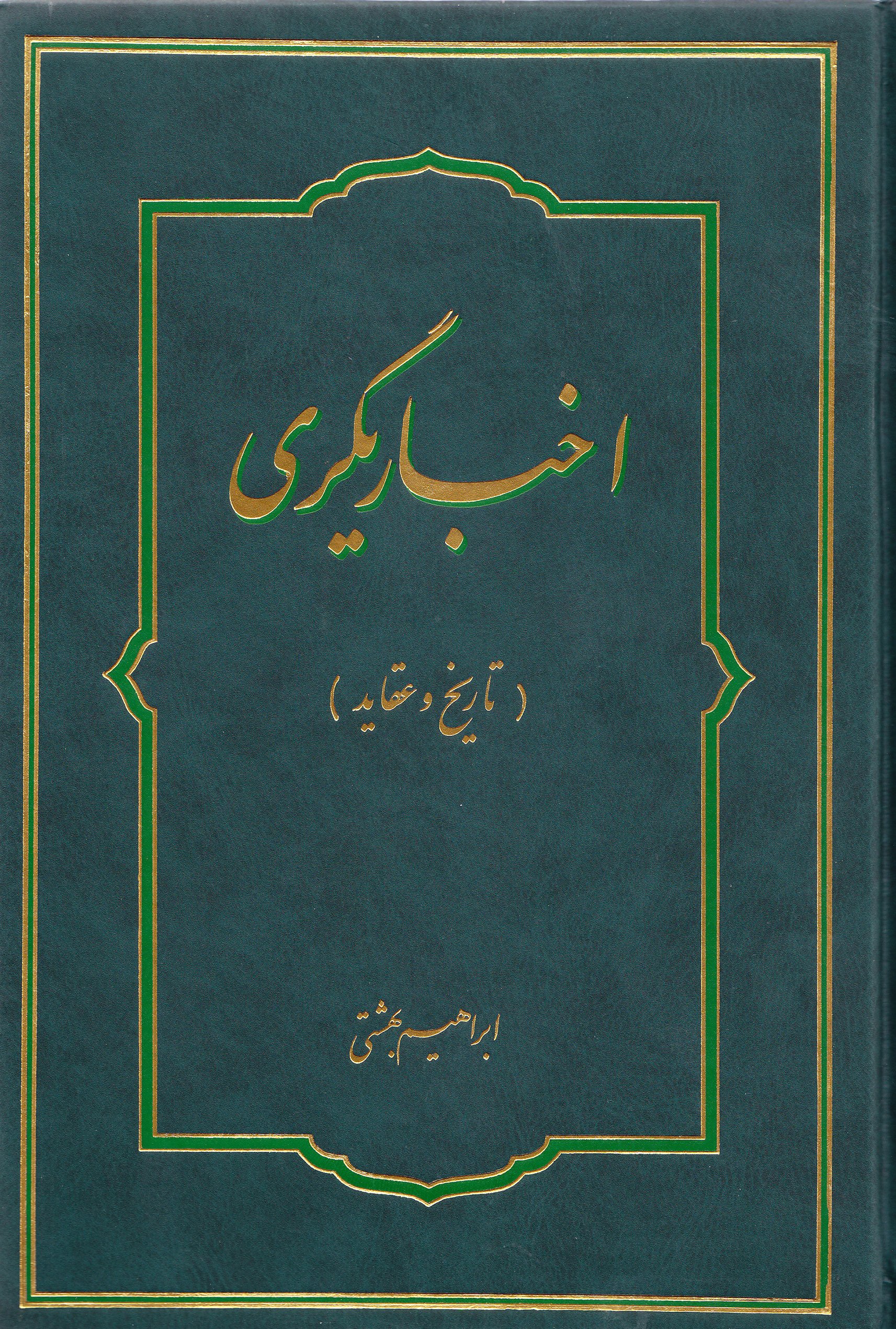Akhbarism: History and Beliefs
In the contemporary world, a significant undertaking in the study of hadith is the investigation of the history of Shiite hadith across different periods, the notable scholars who contributed to its development, its lasting heritage, and the influential factors that have shaped it.
The exploration of the various schools of hadith and their fluctuating periods is crucial and essential. During the early centuries, Akhbarism emerged as the predominant method embraced by prominent Shiite scholars of hadith and mujtahids. Their works were evident in early hadith collections, as well as in jurisprudential, theological, and ethical writings.
During the eleventh and twelfth centuries AH (seventeenth and eighteenth centuries CE), a distinct school of thought emerged that claimed to adhere to the early methodology of Shiite scholars. However, this school had adopted unique principles that set it apart from the approaches embraced by the early scholars of hadith.
Referred to as “Akhbarism,” this school of thought experienced both minor and significant transformations throughout its relatively brief existence. Some of the distinctive theories proposed by its founder regarding the interpretation and understanding of the Quran faced criticism from subsequent prominent scholars within the same school. Ultimately, the influence of figures like Wahid al-Bihbahani led to a decline in the popularity of this school, and with the emergence of scholars such as al-Shaykh al-Ansari, it failed to regain prominence.
Akhbarism had a significant impact on hadith studies during its era. It brought to light the challenges encountered by mujtahids and “Usulists,” compelling them to present more precise and disciplined explanations of their ijtihad methodology. While Akhbarism is considered historically outdated, its principles and methodologies may resurface in different periods, posing challenges to the methods of ijtihad, intellectual analysis, and the dynamics between intellect and textual sources.
This book not only revisits the historical context of Akhbarism and introduces prominent Akhbarists and their perspectives but also delves into an investigation and critique of the foundational principles of Akhbarism, comparing them with Usulist principles. The study is authored by Ebrahim Beheshti Damghani and edited by Dr. Mahdi Farmanian
| Author | Ebrahim Beheshti |
|---|---|
| Cover Type | Hard cover |
| Publication Year | 2013 |

